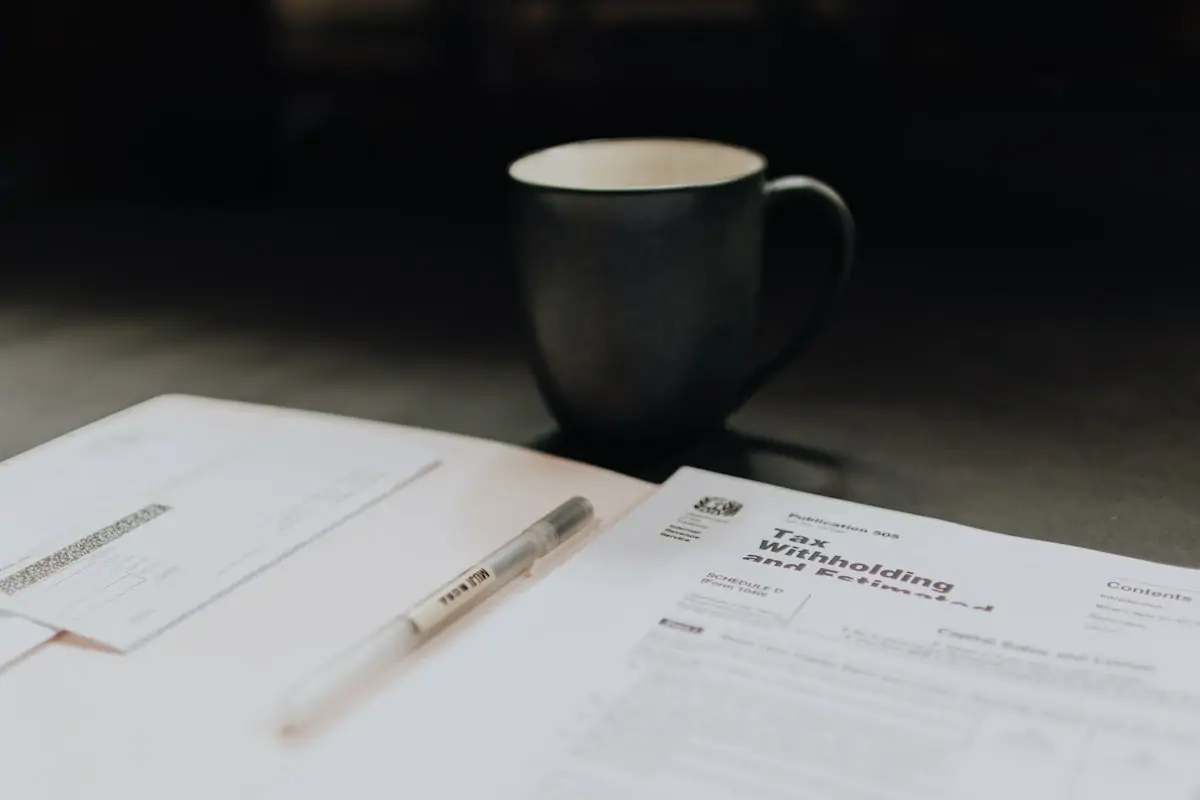
HMRC Rejects Calls to Change Tax Return Deadline
7 Jan 2020In what will signal a blow for many struggling businesses, HMRC has said it will not be waiving late filing penalties or extending the set January 31st deadline. However, there's slightly better news if you've been affected by the pandemic. HMRC has also said it will consider cases where COVID-19-related problems cause delays. Businesses will also get more time to appeal against penalty decisions.
HMRC rejects calls to change tax return deadline
Jim Harra is the chief executive of HMRC. He's turned down efforts made by the CIOT, ACCA, ICAEW, AAT, and the ICAS to get the self-assessment deadline adjusted, with the organisations citing extreme pandemic-related workloads and pressures when requesting the change.
The accountancy sector bodies grouped together to compose a joint letter lobbying for the matter, but Harra remained resolute, claiming that any effort to waive late filing penalties – even for a short period after the filing deadline – would further complicate both HMRC's job and message, which could result in a widespread increase in late filing.
Harra explained that HMRC didn't want to "send a blanket signal that it is OK to file late." He went on to outline the reasoning behind the decision saying that any move could cause significant disadvantages for taxpayers.
Harra added that he felt decoupling filing and payment dates would prove confusing and lead to non-payments, resulting in accrued interest and the triggering of late-payment fees. He said that removing the need to file on time would encourage many businesses to file later than they actually needed. You can read Jim Harra's full response here.
What can you do if you've been impacted by COVID-19?
So, what does that mean if you're a business or individual experiencing difficulties caused by the global health crisis? Well, although HMRC has refused to budge on the need to file your return by the deadline, it's not all bad news – and there is still some leeway being provided here.
HMRC has refused changes to the deadline conditions, but it has also indicated that there will be some flexibility where difficulties are genuine. The refusal seems to be an effort to get returns in on time, even where taxpayers can't afford to pay their entire tax bill.
Harra also mentioned that filing returns would be vital to establishing your tax liability – which would then lead to support if you can't immediately settle up.
Related: Deferral of VAT Payments for UK Businesses Due to Coronavirus
Tax Return DeadlineThere won't be penalties for pandemic-related late filing
There was more good news. HMRC has also acknowledged that not every organisation, individual, or business will be able to file returns on time due to the effects of an ongoing pandemic. In such cases, Harra said it's important to get returns in as soon as possible, but there won't be penalties for entities that need a bit more time to get that done.
Basically, if you're reading this and concerned that late payment penalties are going to further the difficulties you're already in, there's no great need for panic. However, you are required to make every reasonable effort to both file your return and pay your tax bill.
When you can't get those two things, or either of those things, done on time, as long as you've been subject to COVID-19-related adverse effects, HMRC will consider that a reasonable excuse. Although there's been no waiver of penalties across the board, it seems each case will get evaluated on its own merits. It's also worth remembering that, if you use a tax agent, any pandemic-related difficulties and delays they experience will also be considered in good faith.
Related: BBLS And CBILS: What You Need To Know
Extension for late-filing appeals confirmed
None of this means you won't receive a penalty notice if you don't file or pay when due. That's because there hasn't been a blanket waiver. However, Harra assured taxpayers that deserving cases would be addressed via the appeal process. If you find yourself in this position after January, you should contact HMRC and follow the correct appeals procedure. Harra also confirmed that the period for doing so would get extended from one month to three.
Why no blanket concession for struggling businesses and individuals?
So, you might be wondering, why no blanket concession on filing? Many businesses and accountants have been under incredible pressure throughout the pandemic. Well, although HMRC's response to industry bodies might seem confusing, Harra did provide a hint as to why. He pointed out that filing rates are currently "holding up" amid the chaos of COVID-19, and with businesses everywhere looking for ways to cope, that could well explain HMRC's reluctance to offer a general relaxation of deadlines.
There's every reason to have faith in what Harra said. He also acknowledged the accountancy sector's efforts in helping to deal with an unprecedented situation and deliver an effective economic response to the pandemic. Additionally, HMRC seems to be acutely mindful that businesses are helping to keep people in work during tough times. There doesn't seem to be an appetite to punish them further with widespread financial penalties.
Related: Small Business Financing Options
How to handle the 2021 self-assessment deadline
The best advice seems to be to comply with the self-assessment deadline in every way you can, and then be on top of the appeal process if you're having difficulty paying your tax bill.
It's crucial to stay ahead of your tax responsibilities at the best of times, but COVID-19 has created a situation where it's even more vital, and the sooner you know what you're dealing with, the easier it will be to get help.
-
Remember, filing your return more than sixty days after the deadline means you can't set up payment instalments.
-
If you worked from home during the first lockdown last year, don't forget to claim what's allowable. The lockdown started on March 23rd, and you can include any relevant expenses up until April 5th. HMRC's working from home guidelines are here.
-
If once you've filed, you're unable to pay your tax bill, it's essential you contact HMRC and address the issue as soon as possible.
-
If you're a business or self-employed, HMRC set up a COVID-19 phone helpline last year. You can find the details of that here.
-
If you need to negotiate with HMRC on behalf of a client or yourself, the ICAEW provides some excellent advice here.
Get in touch with our small business accountants
If your business has been negatively affected by COVID-19, our team of small business accountants and small business consultants want to help.
We offer a range of services from business planning, commercial strategy and financial forecasting, to tax and corporate finance, helping you get back on top of any financial issues. We also have a team of experienced solicitors who can help with legal services such as corporate law, employment law, and commercial law.
To get in touch or ask any tax or bookkeeping questions, get in touch with our friendly team today. You can also get an accountancy quote by filling in a few simple questions.





















